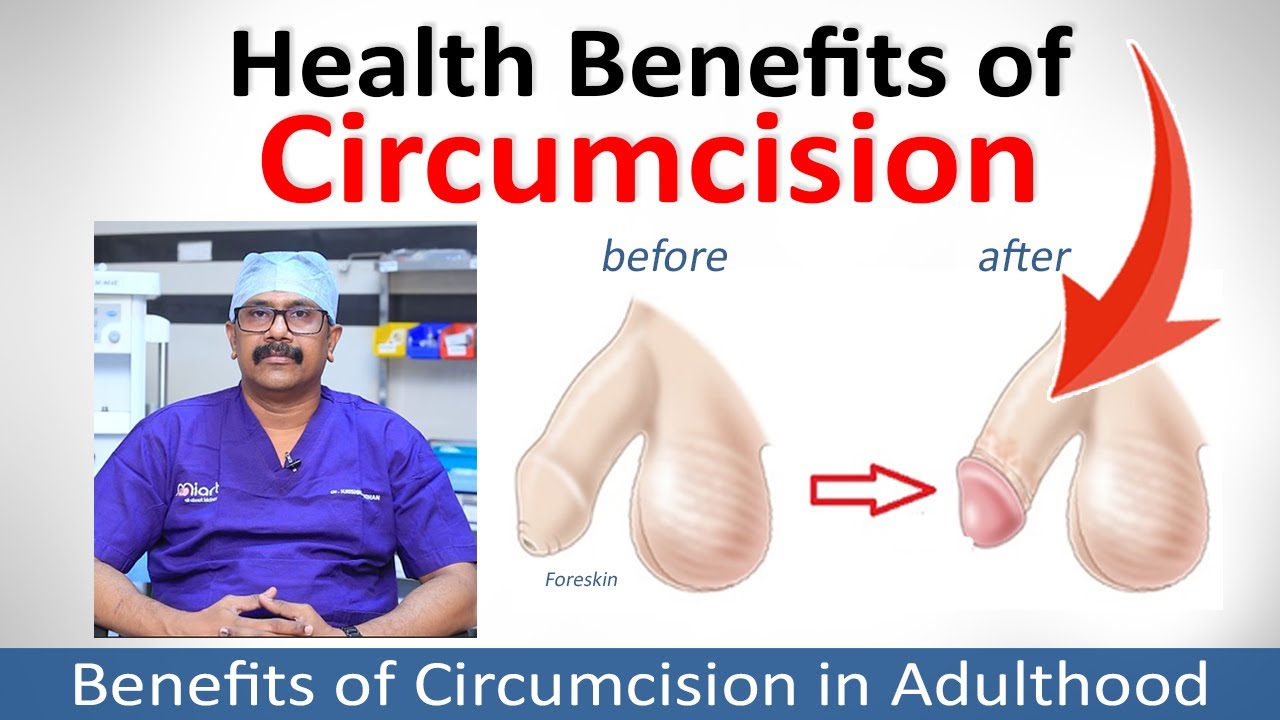The Benefits of Circumcision: A Comprehensive Guide
In this article, we will explore the numerous benefits of circumcision, a surgical procedure that involves the removal of the foreskin from the penis. Circumcision has been practiced for centuries and is performed for various reasons, including religious, cultural, and medical purposes. Let’s delve into the advantages that circumcision can offer.
Reduced Risk of Urinary Tract Infections (UTIs)
One of the significant benefits of circumcision is the decreased likelihood of urinary tract infections (UTIs) in males. Research has shown that uncircumcised individuals are more prone to UTIs compared to those who have undergone circumcision. The removal of the foreskin helps to maintain better hygiene and reduces the accumulation of bacteria, minimizing the risk of UTIs.
Lower Risk of Sexually Transmitted Infections (STIs)
Studies have indicated that circumcision can play a role in reducing the risk of sexually transmitted infections (STIs). The removal of the foreskin removes a moist environment that can facilitate the transmission of certain STIs. However, it’s important to note that circumcision alone does not provide complete protection against STIs and safe sexual practices should always be followed.
Prevention of Penile Problems
Circumcision can help prevent various penile problems that may arise later in life. For instance, the removal of the foreskin reduces the risk of phimosis, a condition where the foreskin becomes too tight and cannot be retracted. Additionally, circumcision can lower the chances of balanitis, an inflammation of the glans penis, and balanoposthitis, an inflammation of both the glans penis and the foreskin.
Decreased Risk of Penile Cancer
Research has shown that circumcision is associated with a reduced risk of penile cancer. The removal of the foreskin eliminates the accumulation of smegma, a substance that can harbor harmful substances and potentially lead to cancerous cell growth. However, it’s important to note that penile cancer is a rare condition, and regular check-ups with a healthcare professional are crucial for early detection and prevention.
Improved Hygiene
Circumcision can contribute to improved genital hygiene. Without the foreskin, it becomes easier to clean the penis, reducing the risk of infections and unpleasant odors. This enhanced cleanliness can also have a positive impact on sexual partners, promoting overall sexual health and well-being.
Personal and Cultural Reasons
Aside from the medical benefits, circumcision is also performed for personal and cultural reasons. Many individuals choose circumcision for religious or cultural purposes, as it holds significant meaning within their communities or families. It is important to respect and understand the diverse perspectives surrounding circumcision.

In conclusion, circumcision offers various benefits, including a reduced risk of urinary tract infections, lower chances of sexually transmitted infections, prevention of penile problems, decreased risk of penile cancer, improved hygiene, and fulfillment of personal and cultural beliefs. It is essential to consult with healthcare professionals to make informed decisions regarding circumcision. Remember, circumcision is a personal choice, and individuals should weigh the potential benefits against their values and preferences.
Frequently Asked Questions about the Benefits of Circumcision
1. What is circumcision?
Circumcision is the surgical removal of the foreskin, the skin covering the tip of the penis.
2. Are there any health benefits associated with circumcision?
Yes, circumcision has several health benefits, including a reduced risk of urinary tract infections, sexually transmitted infections, and penile cancer.
3. Does circumcision improve hygiene?
Yes, circumcision can improve genital hygiene as it is easier to keep the penis clean without the foreskin.
4. Does circumcision reduce the risk of HIV transmission?
Yes, studies have shown that circumcision can reduce the risk of heterosexual transmission of HIV by up to 60%.
5. Does circumcision affect sexual pleasure?
There is no consensus on this matter. Some studies suggest that circumcision may slightly reduce sensitivity, while others report no significant difference in sexual pleasure.
6. Is circumcision recommended for all males?
No, circumcision is not considered necessary for all males. It is a personal decision that should be made based on individual circumstances and cultural or religious beliefs.
7. At what age is circumcision usually performed?
Circumcision is typically performed during infancy, but it can also be done in adolescence or adulthood.
8. What are the potential risks of circumcision?
Like any surgical procedure, circumcision carries some risks, such as bleeding, infection, or adverse reactions to anesthesia. However, these complications are rare.
9. Can circumcision prevent phimosis?
Yes, circumcision is an effective treatment for phimosis, a condition where the foreskin is too tight and cannot be retracted over the glans.
10. Is circumcision covered by insurance?
In some cases, circumcision may be covered by insurance, but it depends on the insurance provider and the reason for the procedure. It is best to check with your insurance company for specific details.




